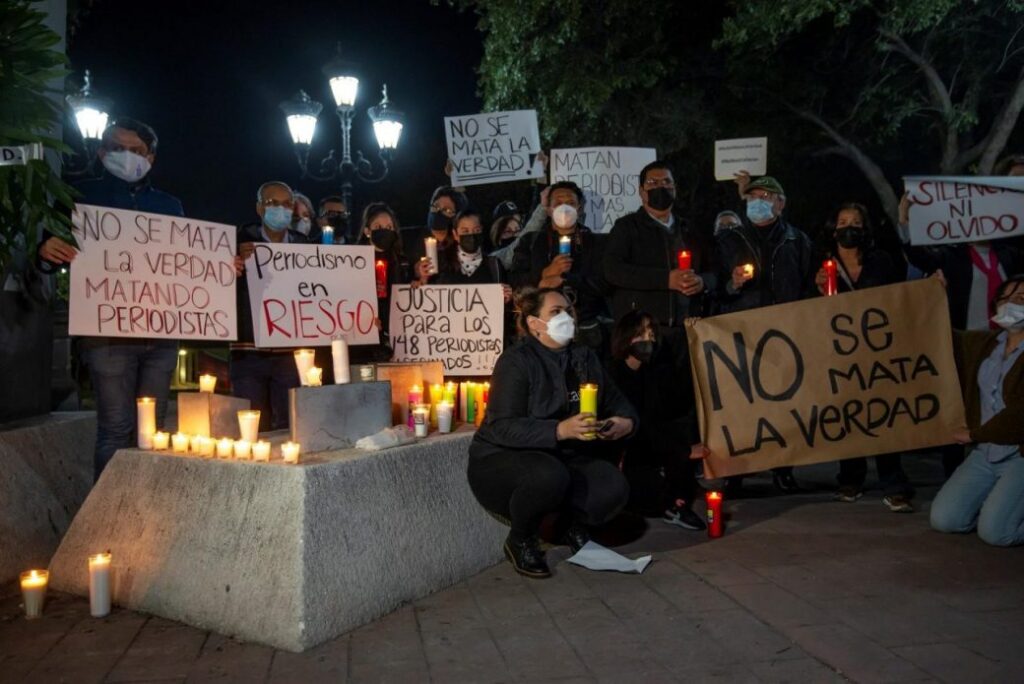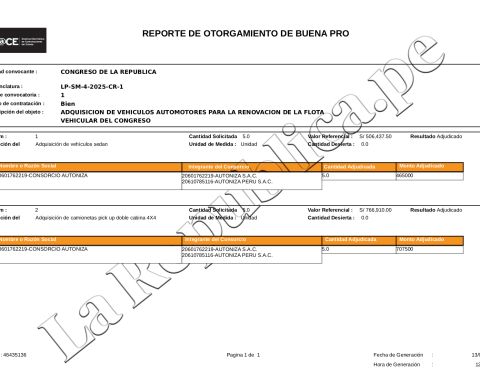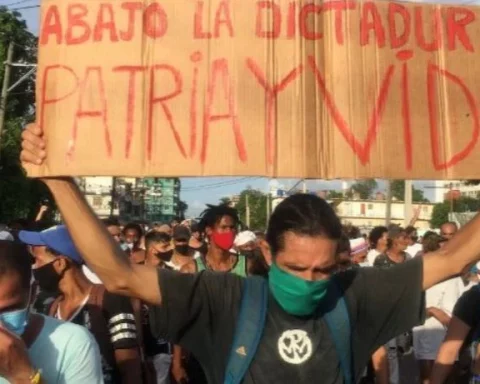Ramiro Bejarano, a lawyer and former director of the Administrative Department of Security of Colombia, revealed some details about an alleged contractual condition that would be known as ‘Petro clause.
(Read: Petro effect?: their positions would be affecting Ecopetrol bonds).
In the text, published in the newspaper ‘El Espectador’, Bejarano assures that some contracts would be signed putting as a rule the results of the presidential elections of 2022.
“They agree that the contract would only begin to be executed if Petro is defeated in the presidential elections, or that it be annulled if he becomes president.“, is written in the column.
Faced with this situation, Portafolio spoke with Edgar Ivan Leon, a lawyer specializing in commercial law and a professor at the Sergio Arboleda University, on the legality of this alleged clause, of which Bejarano, worth the clarification, commented that it would be presenting itself in the business sector with foreign investment projects, but did not elaborate on between who would be agreeing on it.
The expert explains that, within the framework of private law, this type of clause is allowed, which are conditions against possible future events. In this case, a political one.
(What’s more: Petro, ‘Fico’, Fajardo and Hernández, ‘bite’ the Presidency).
“It is fully valid in a situation in which a person is elected and goes against the economic system or generates radical changes in it.“, it states.
In this sense, the clause is a condition for a situation that can generate certain risks.
In the Colombian legal framework it is allowed, added the expert, and it can occur in other contexts. For example, in case of an economic risk in which the price of the dollar may affect the outcome of the contract.
“This is called a causal condition, which implies that once the situation to which the contract is conditioned, this can be finished or things can be returned to their original state”, explains León.
In the case of a lease, for example, the person could terminate the contract.
Now another of the possible risks are legislative. “In these cases, the coming to power of certain people would imply drastic changes in the regulations,” he added.
On the other hand, the lawyer Carlos Camargo assures that “heThe implementation of this type of clauses, no matter how consensual they may be, could be declared ineffective by judges of the Republic“.
(Read: ‘We need a counter tax reform’: Camilo Romero).
In this sense, both parties must agree on the conditions of the clause.
BRIEFCASE

















